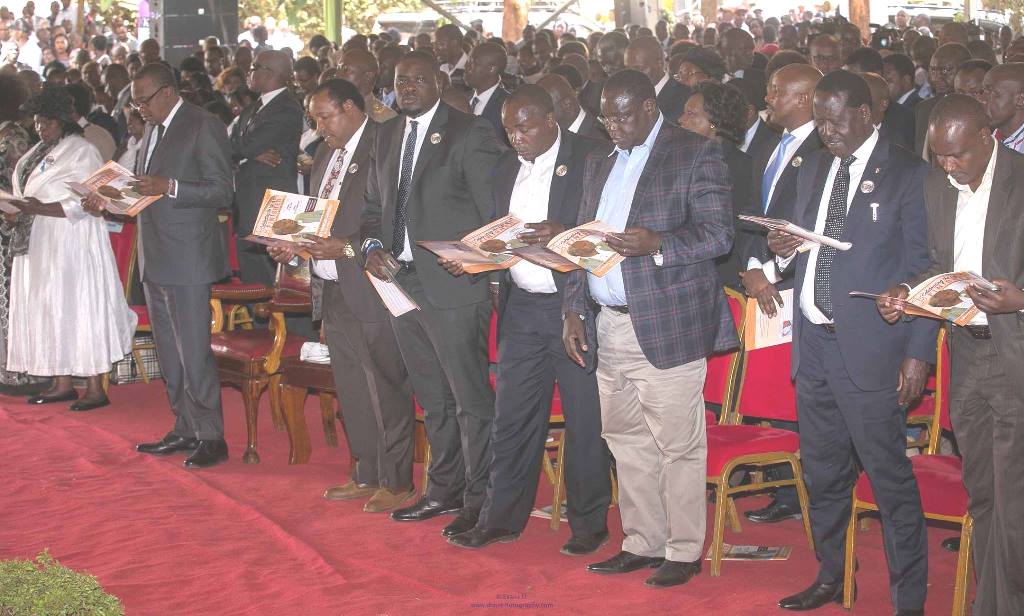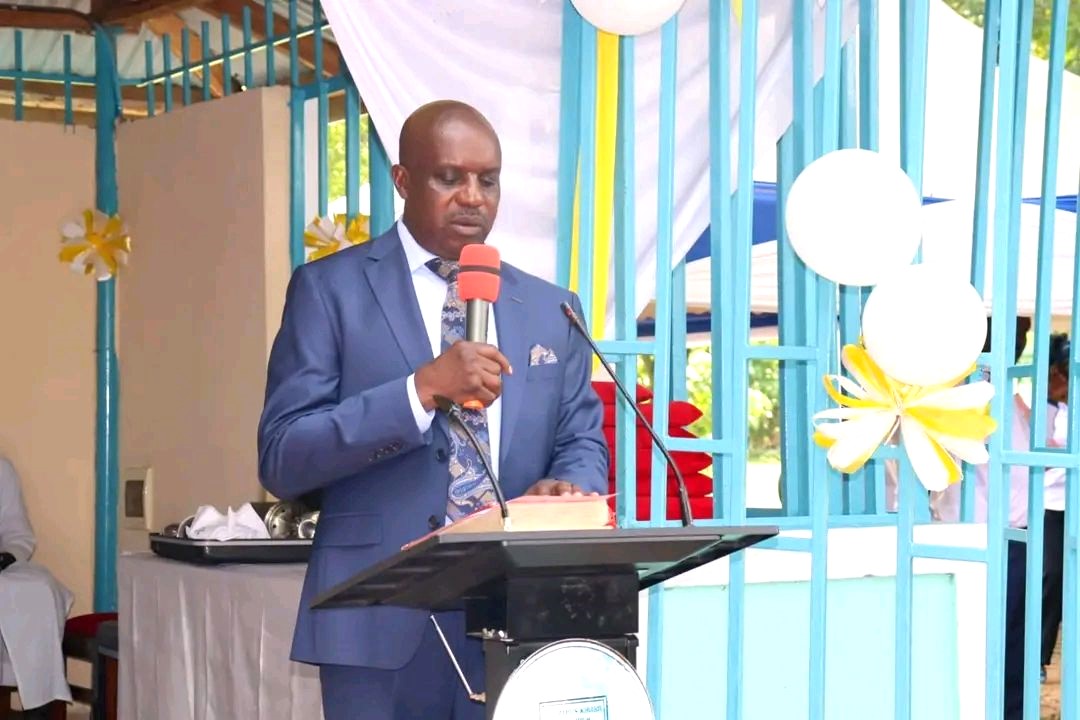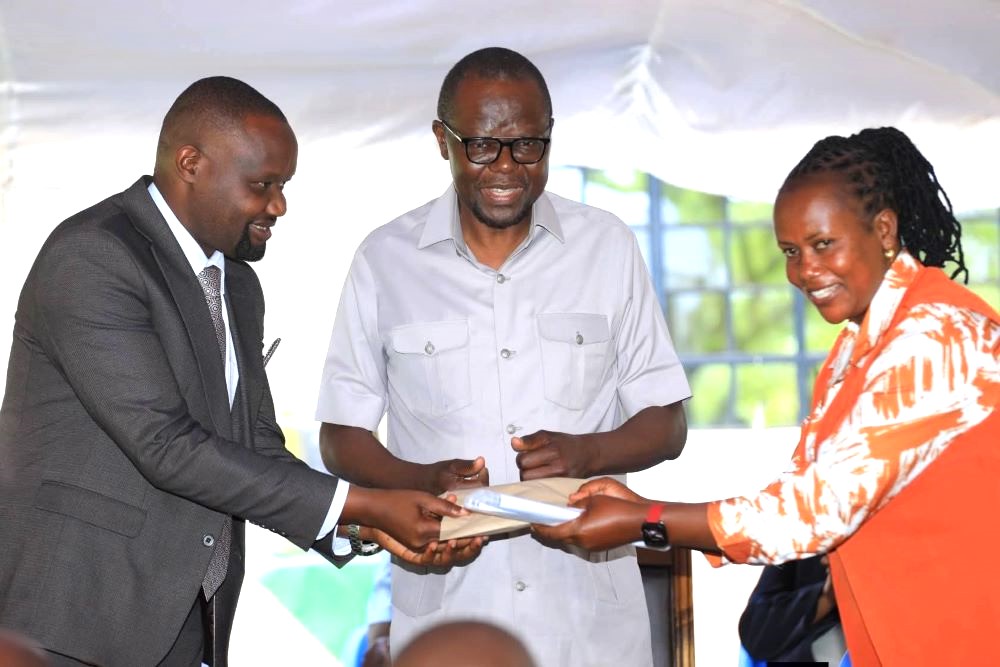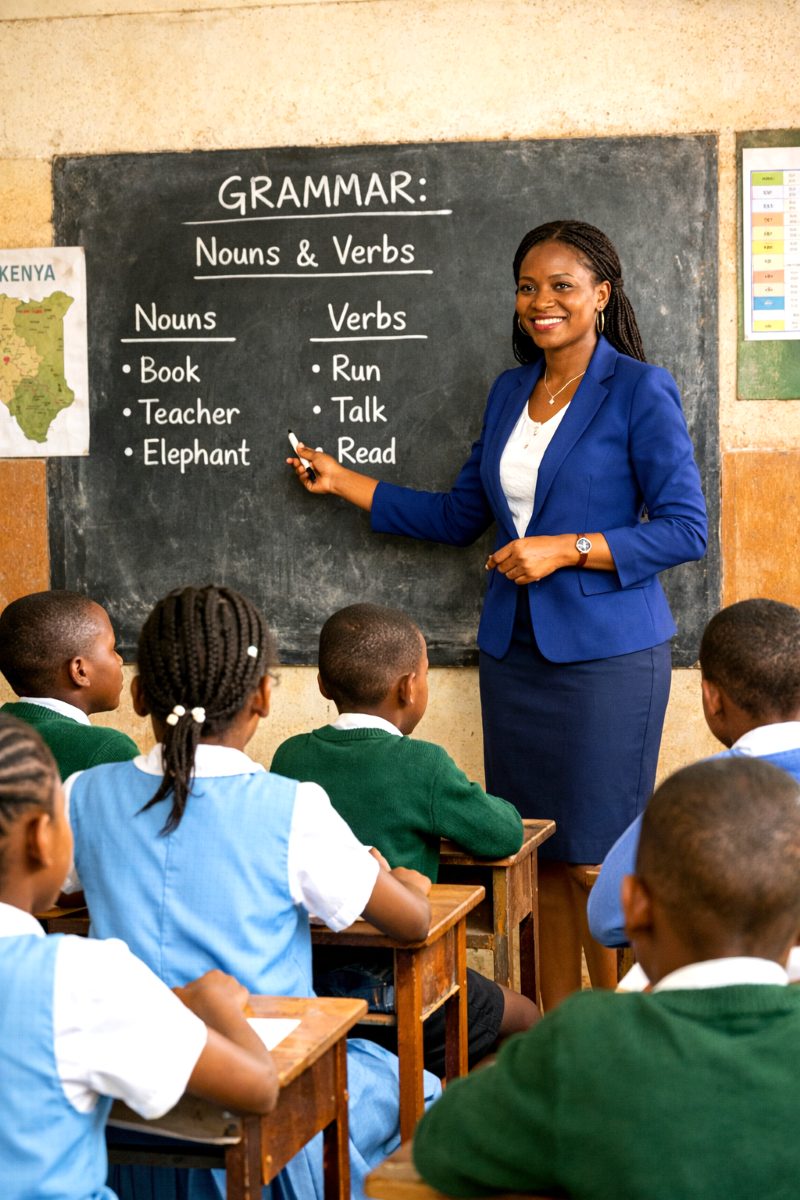The closest I came to Raila Amolo Odinga was in the year 2017, a year that will remain etched in my memory for many reasons. It was a year of high political temperatures, deep national divisions, and heightened emotions as Kenya prepared for the general elections. President Uhuru Kenyatta, the incumbent, was seeking re-election for his second and final term. On the opposite side stood Raila Amolo Odinga, the indefatigable opposition leader whose charisma, courage, and conviction had made him both revered and reviled in equal measure. In that politically charged season, fate would have it that I would stand face to face with both of these towering figures of Kenya’s political landscape – on a day of mourning, reflection, and rare unity.
The occasion was the burial of my friend and mentor, the late Samuel Mbugua, the founding director of the Marion Schools. Mzee Mbugua was not just a visionary educator; he was a man of depth, conviction, and unyielding loyalty. Though a Kikuyu by birth, he was a staunch supporter of Raila Odinga – a loyalty that defied tribal boundaries and political stereotypes. He admired Raila’s resilience, his fight for democracy, and his unwavering belief in a better Kenya. I remember vividly how, during one of our many conversations, he pulled out his phone and showed me his contact list. He had saved Raila Odinga’s number as “Brother.” He told me with quiet pride, “This man believes in Kenya. He is my brother, not by tribe but by truth.” Those words would later echo in my mind as I stood waiting to receive Raila Odinga at Mzee’s burial.
Mzee’s daughter, Rachael Shebesh, had charted a different political path. Years earlier, Raila had nominated her to parliament through his Orange Democratic Movement (ODM). It was an act of trust and political mentorship. Yet, by 2017, Shebesh had crossed over to the Jubilee Party under Uhuru Kenyatta and William Ruto. She had secured a government position as Chief Administrative Secretary (CAS), a role many viewed as a political consolation prize for those who had lost in the elections. Her political shift mirrored the turbulence of Kenya’s politics, where allegiances often bend with the winds of power. Still, despite these realignments, Raila Odinga had never publicly spoken ill of her or her father.
READ ALSO:
Strengthening the pillars of trust: How KNEC can make our national assessments more credible
The burial took place at the Marion Farmhouse School, one of the jewels of Mzee Mbugua’s educational vision. As the school manager, I was both host and coordinator, tasked with ensuring the program ran smoothly despite the high-profile attendance. It was no ordinary funeral. The list of guests read like a who’s who of Kenyan politics. President Uhuru Kenyatta would attend, as would his rival Raila Odinga. That combination was enough to make any host nervous. The tension was palpable even before the first motorcade arrived. Security officers, state protocol teams, and party loyalists swarmed the compound, each side keen to secure its space, its dominance, its dignity.
I had mentally prepared myself for the delicate balance that awaited me. Receiving President Uhuru Kenyatta was straightforward – he was the sitting Head of State, and his handlers were organized to the last detail. But the thought of receiving Raila Odinga filled me with unease. I wondered how he would react, given that this was a politically charged environment and that the deceased’s daughter was now allied with his political rival. Would he be cold or distant? Would he carry with him the weight of political grudges? My fears were soon put to rest.
When Raila Odinga arrived, the atmosphere seemed to soften. There was something disarming about his presence. He moved with a quiet grace, greeting people warmly, his voice calm, his demeanor open. He was not the fiery political orator on stage; he was a man who understood the moment – a mourner among mourners. When I stepped forward to receive him, he extended his hand with an easy smile that immediately eased my nerves. “Asante kwa mapokezi,” he said softly. His eyes conveyed genuine empathy, the kind that comes from someone who had known loss and suffering firsthand.
In that brief encounter, I saw the humanity of Raila Odinga beyond the politics and propaganda. He was approachable, almost fatherly, and carried himself with a humility rare among men of his stature. As the program unfolded, both he and President Uhuru Kenyatta shared the podium. The air was thick with expectation – would they exchange barbs, or would they rise above their rivalry? To the surprise of many, they both spoke with measured respect. Raila paid glowing tribute to the late Mbugua, describing him as a bridge-builder and patriot who believed in education as the key to Kenya’s progress. His words were sincere and deeply felt.
That day, I saw a side of Raila Odinga that is often hidden behind the political theatre – the side of a man who values friendship, who honours the dead, and who separates politics from personal relationships. He did not use the occasion for political gain; he used it to remind us of the bonds that make us human. As he left the venue, he stopped once more to shake hands with members of the Mbugua family, including Rachael Shebesh. It was a gesture that spoke volumes. It was forgiveness without words, grace without performance.
Later, as I reflected on the day’s events, I realised that Raila Odinga’s greatest strength lies not just in his political resilience but in his capacity for empathy. He carries the scars of a long struggle for justice and democracy, yet he does not let bitterness define him. He has been detained, betrayed, vilified and yet he still believes in Kenya. To meet such a man, even briefly, is to understand why millions still call him Baba.
That day at Marion Farmhouse, amid the sorrow and solemnity, I glimpsed the true Raila Amolo Odinga – the man beyond politics, the brother beyond tribe, the patriot beyond power. It was the closest I came to him and it was enough to leave an indelible impression on my soul. Rest in eternal peace, Baba Raila Amolo Odinga.
By Ashford Kimani
Ashford teaches English and Literature in Gatundu North Sub-county and serves as Dean of Studies.
You can also follow our social media pages on Twitter: Education News KE and Facebook: Education News Newspaper for timely updates.
>>> Click here to stay up-to-date with trending regional stories
>>> Click here to read more informed opinions on the country’s education landscape
>>> Click here to stay ahead with the latest national news.






